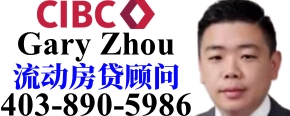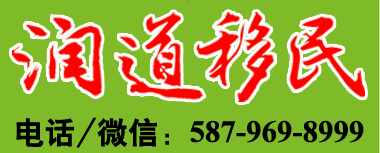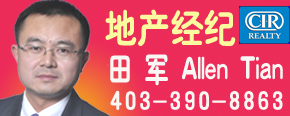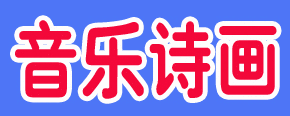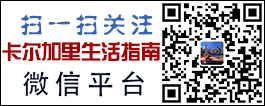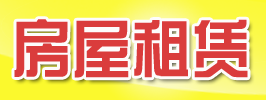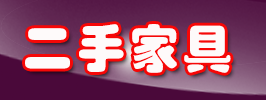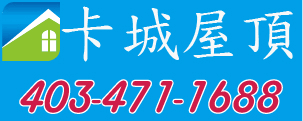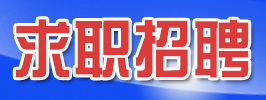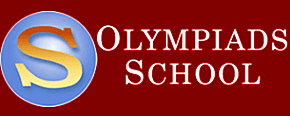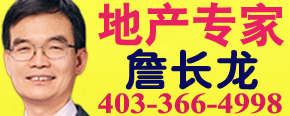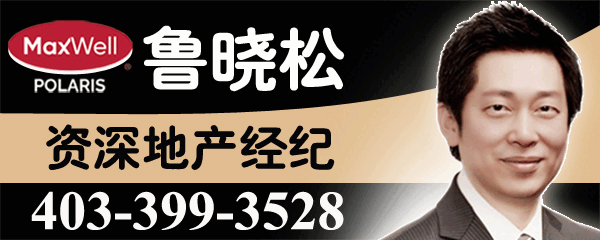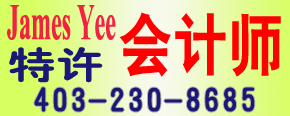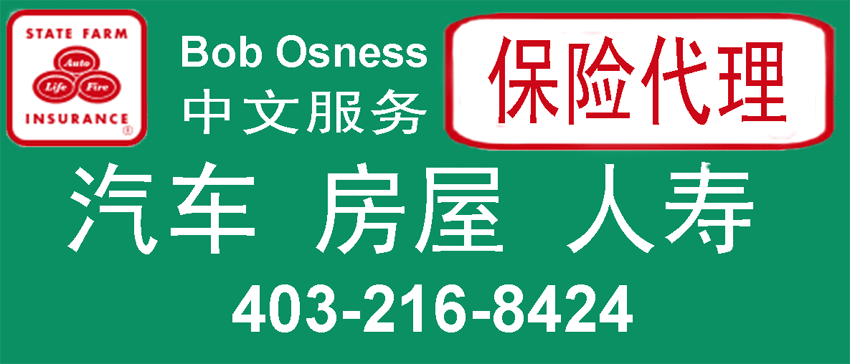头衔: 论坛版主


信息:  
威望: 0
来自: 卡城皇家保险 
总发贴数: 418 篇
注册日期: 2008/03/12
|
|
 消息 消息  查看 查看  搜索 搜索  好友 好友  邮件 邮件  复制 复制  引用 引用  回复 回复
 |
CI: So what exactly do you do as the chief human resources officer at RBC?
ZH: My kids ask me that all the time! The way I would probably frame [my role] is,
like for many companies, our people are our greatest strength. Our people help us give value to our customers. They are our competitive advantage. So my role is to work with the senior management team to ensure we are building on this advantage in a strategic way so we are able to attract and retain, and be the employer of choice. When an employee wins, the business wins.
CI: How and when do you incorporate diversity in those HR strategies?
ZH: The answer is: often. While we have specific diversity initiatives that we manage, we also really try to integrate it into our talent management process [as a whole]. It’s not like I say, “Let’s put on our diversity hat today and do diversity today.” It’s integrated in what we do.
CI: What is your vision for how hiring managers should deal with considering candidates with foreign-trained credentials and experience?
ZH: Some professions have more rigorous credential requirements, like nursing, medicine and engineering, but, in banking, there isn’t the same need. You don’t have to have a bachelor’s in business, let’s say, to work in a bank. In our case, since we hire a lot of people, we have developed some internal expertise in dealing with international credentials. We also use World Education Services (WES) to help us with credential assessment. Now, in terms of “experience,” it’s really about changing your mindset. This issue of “no Canadian experience, no job—no job, no Canadian experience,” is very real. We should think about even our choice of words; for example, I don’t use the term “foreign” experience. I use “international.” It sounds different, more positive. We’ve hired a lot of people with banking experience from Latin America, India, China and Eastern Europe. There
are things we can teach them about the Canadian experience, but we also turn their international experience into an asset. They know how the banking system works there, so they can help customers [immigrants from their countries of origin] transition to the banking system here.
It’s good for business. They often have networks in those communities, too.
CI: What are your best tips for an immigrant jobseeker who is not having luck in finding a job?
ZH: People talk a lot about networking. What does it mean? Sometimes what I see is when it comes to networking or informal mentoring, there is a tendency for people, immigrant or otherwise, to think
that it needs to be with a really senior person. But these people are often very busy. My advice is you can network and mentor at peer levels as well. If you’re interested in banking, get to know your banker that you deal with and ask them to spend time with you to learn about the company and
what it’s like working there. Also, get involved in associations in your profession. It’s not just about finding someone who will get you a job. [This kind of networking] also builds confidence.
Volunteering is another way that is underutilized. It’s an opportunity where you can learn about Canadian culture, if you will, and build relationships and develop a network that may lead to potential opportunities. I think the last point is the importance of being fluent in the language. Communication is an important thing. That’s how people connect. It’s not about losing your accent, but about really being fluent in your ability to communicate.
CI: Writing a Canadian-style resumé is often a challenge for newcomers. To help them better understand how to approach it, what are some things you think an HR person immediately looks for?
ZH: With any resumé, you want to talk about what you bring and how you meet the qualifications. But you also want to show what makes you unique. What can you bring over and above the job requirements? From an immigrant’s perspective, if their resumé is done in a standard way,
it could be rejected because it could seem like they are overqualified. An economist,
for example, might not seem to fit into this particular role. You have to tailor your resumé so it says: this is what you’re looking for, and here are my skills and experience that apply. On top of that, here are other things that I can bring. I know you’re trying to grow your cultural markets, and I speak
Spanish, I speak Mandarin, and I have developed cultural competencies because I lived in a different country and I’m pretty active in my community and have a network of people that I know
could help in bringing more business to your company. Show the reader how your international
experience will create value. How your diversity as a newcomer is actually an advantage.
CI: While the issue of credentials assessment tends to revolve around technical skills, what are some of the most important “soft skills” that Canadian employers look for in a new hire?
ZH: Certainly, for us, many of our jobs are dealing directly with clients. We want to get a sense if they have an attitude and aptitude for working with clients and in teams. The common denominator is strong communication skills. The ability to express themselves and to really participate. Communication allows you to bring to the table your experience and capabilities. Also important is being adaptable to change. Do they demonstrate through their previous experience their ability to
tackle new things?
CI: As an immigrant yourself and a woman of ethnic origin, did you face any challenges or obstacles in your early career?
ZH: I was born in Tanzania and am of South Asian/Indian origin. I came to Canada as a teenager, finished my high school and university here, so I didn’t have the experience and credentials issues in the way we’ve been talking about. Of course, as a woman as well as a visible minority, I think it’s very easy for people to talk about barriers and all the reasons one can’t [succeed]. The approach I’ve generally taken is, first of all, most people face some kind of barriers, although immigrants, visible minorities and women have more specific ones. The most important turning point
for me was realizing that the biggest barrier to people is often themselves. They get into this mode where they say: “I can’t do this because …” Instead of doing all the things they can do, they instead point to the barriers being placed by others. When I first came to Canada, I felt that in order to be a Canadian, I had to give up my identity — that I had to make a choice. When you do that, it actually is the beginning of a bad thing. You are no longer able to be yourself. When you are not yourself,
you don’t perform at your best. Guess what, I don’t have to choose. I’m Canadian, I’m of Indian origin, I was born in Tanzania and I’m a woman — I’m all of those things. These are the things that
make me unique. By bringing to the table my sameness and differences, those become assets as opposed to a liabilities.
You’re hired! Canadian Immigrant talks to Tanzanian-born
Zabeen Hirji — the head of human resources at big bank RBC — about diversity, foreign credentials,
soft skills and her tips to get the job
HOW TO...
Your first steps in Canada
Need more help in your job search?
Check out the How to find a job instalment
of our “How to …” special series at
canadianimmigrant.ca (click on “Guides”).
HUMAN RESOURCES SPECIAL
Zabeen Hirji was recently appointed co-chair of Toronto Region Immigrant Employment
Council (TRIEC), along with Gordon M. Nixon, president and CEO of RBC.
|
|
| |
